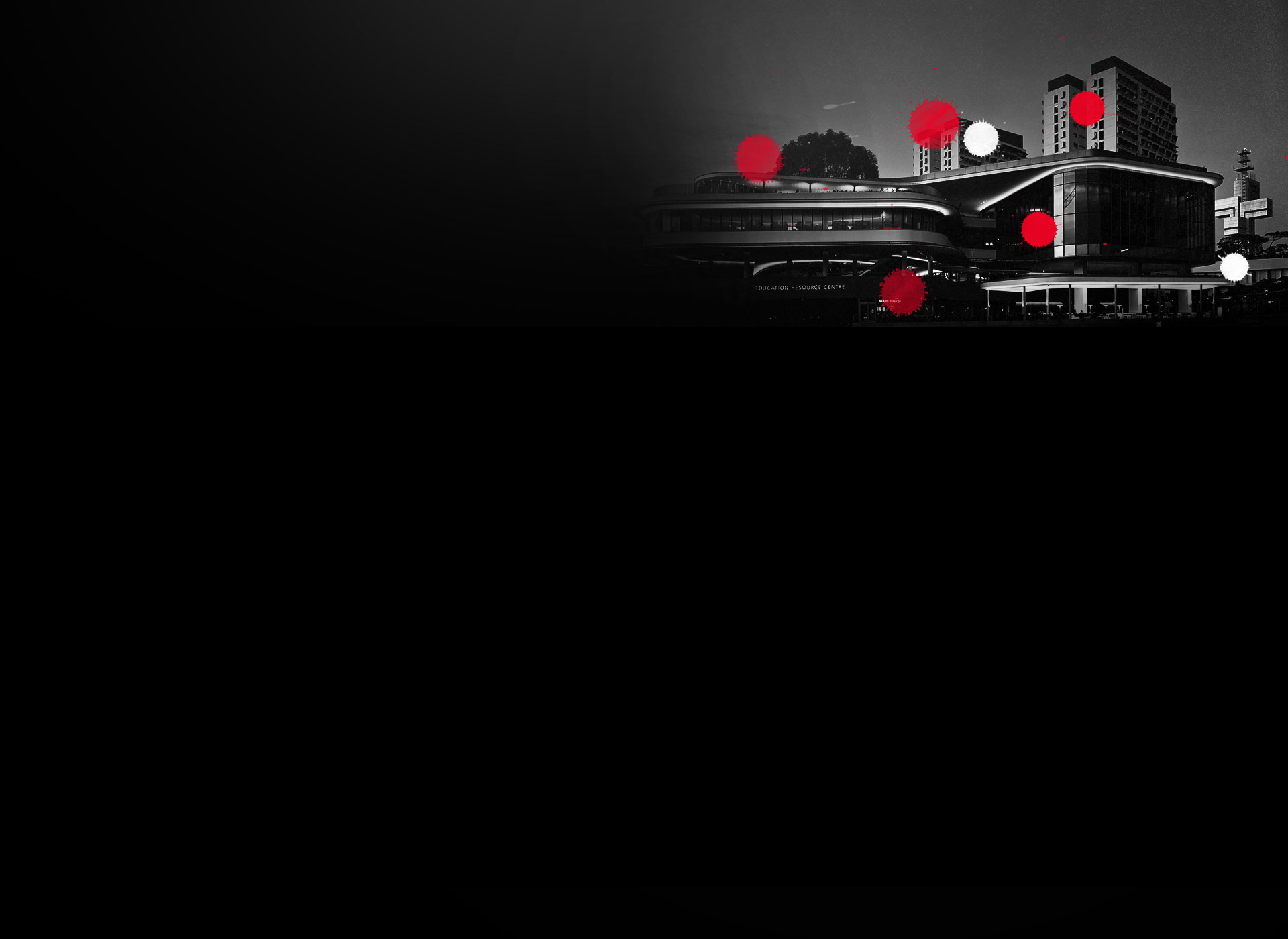
Workshops
The Congress will offer four workshops in which delegates will be able to enrol. Details of how to enrol will be available later in 2020.
Convenors: Sheila T. CAVANAGH (Emory University, USA), Scott JACKSON (Shakespeare at Notre Dame, USA), and Rowan MACKENZIE (Shakespeare Institute, UK)
The use of Shakespeare in applied settings has grown significantly in recent years, as has academic interest in this area of the discipline. The field encompasses Shakespeare initiatives for those within the criminal justice system, youth and adults with learning disabilities and neurodiversity, mental health service users, veterans, and those who have experienced homelessness. The facilitators for this workshop have both academic and practical experience of working with people across these settings around the globe and with initiatives such as Blue Apple Theatre, Marin Shakespeare, Flute Theatre, Shakespeare Behind Bars, Intermission Youth Theatre, and The Gallowfield Players. We invite scholars and practitioners with related interests to bring their own experience and knowledge; to engage with theoretical, practical, and critical issues; to address the benefits and challenges of using Shakespeare with these often-marginalised groups and in non-traditional settings. The workshop focus is on creating new circuits of dialogue and collaboration worldwide.
Convenors: Miguel Escobar VARELA (National University of Singapore, Singapore) and HWANG Ha Young (Korea National University of Arts, South Korea)
There is a long tradition of using digital tools to study Shakespeare’s words: to engage in authorship disputes, to analyse his choice of words, or to understand changes in his style over time. Likewise, digital editions of Shakespeare’s original oeuvre have been central to the digital humanities. But digital tools also offer exciting new possibilities to those interested in analysing adaptations of Shakespeare’s works around the world. This workshop will offer an overview of what network analysis, geo-temporal visualization, and multimedia critical editions can offer to the study of Shakespeare adaptations. We will cover the main conceptual and technical tools that can aid in such investigations.
Convenors: Nona MONAHIN (Monash University, Australia) and Emily WINEROCK (Chatham University, USA)
For the thirteen Shakespeare plays with staged dancing, modern directors must find or create choreographies that fit the dialogue and action; for the twenty with textual references to dance, they must make the references intelligible to today’s audiences. Through a combination of discussion, examination of primary sources, and physical participation, this workshop will introduce participants to several period dance genres and gestures (bows, ‘honours’, character portrayal, rustic and courtly styles) and discuss the types of scenes and situations in which they would be appropriate. Working in small groups, and guided by the workshop leaders, participants will stage selected dance scenes incorporating the steps and choreographies learned. Participants will also reflect on how knowledge of historical dance movement can enhance an understanding of Shakespeare’s textual references, how dance scenes might be handled in productions not using period staging, and the challenges and opportunities afforded by productions in translation.
Convenors: Eric NICHOLSON (New York and Syracuse Universities, Italy) and Elena PELLONE (Shakespeare Institute, UK)
Articulations and dissolutions of borders are crucially at stake in Antony and Cleopatra, pertaining as much to ambiguities of self /other as to political and cultural confrontations. How can this dynamic tension within the script be communicated through live performance, in potentially innovative ways? What techniques can actors use to embody and communicate crises, discontinuities, and transformations, related not only to Cleopatra’s ‘infinite variety’ but also to the worlds that she alters through her performances? How might theatrical experimentation enable an opening and freeing up of circuits involving identity and difference across European and Asian cultures, circuits that historically have tended toward closure and restriction? How can diverse performance traditions such as commedia dell’arte and Kabuki, as well as different scholarly interpretations, be introduced and made to interact? Through practical exercises that encourage rotation and fluidity in ethnicity and gender, this multilingual, experimental workshop also will explore performance as research.
Convenors: Liam SEMLER (University of Sydney, Australia) and Laura TURCHI (University of Houston, USA)
How can new digital tools short-circuit sluggish pedagogical processes, help us rethink traditional curriculum structures, and prompt more lively and engaging classes? This workshop introduces participants to four intriguingly different learning platforms. Shakespeed is an open-access, gamified approach that uses a digital flipcard interface to connect students with short videos. It can be played during class to trigger lively discussion of the plays and their connection to modern issues, adaptations, and aesthetics. WordPlay Shakespeare, MyShakespeare, and Performance Plus are web-based text/performance editions enhanced with hyperlinks to video glosses and performances through which students move to make meaning. How do these tools fit within formal educational settings? What learning tasks might be associated with them? What learning outcomes might they generate? What fresh Shakespearean circuits might they facilitate within and beyond the classroom? How does enjoyment advance learning?

